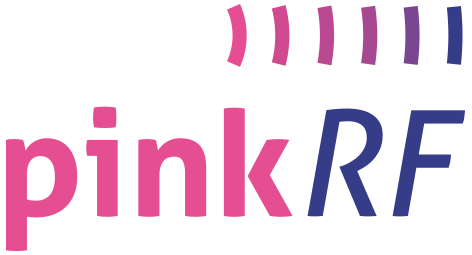Klaus Werner and John Schalken have been interviewed by IN2 Maas & Waal: “Registration of intellectual property is not always necessary for small businesses. It is important to consider where you want to do business with a product or idea” Intellectual property law is the collective name for rights to intellectual creations. Think of music, brands, design, inventions, etc. IP law includes copyright, trademark law, trade name law and patent law. According to John Schalken, Program Director at SMB Lifesciences/ RadboudUMC, and Klaus Werner, director/owner of Pink RF, there is a clear difference between intellectual property and trademark law. You can read how that works below.
Securing developing knowledge
Schalken understands that the term intellectual property is easily confused with patent or patent. “Trademark law guarantees the development of new knowledge and products. The bridge to patent, licenses and patents is therefore quickly built. What intellectual property is all about is establishing legal entities so that they are able to retain their ‘trade secrets'”. The moment you want to record an idea or invention, it has to meet a number of requirements. Schalken: “It has to be something new and innovative and also workable. When a patent application is filed, the idea is published. The patent holder must demonstrate infringement of his idea or product. In order to do this, the patent contains several examples of claims and mentions the inventor and owner: “Look in advance at which market you are operating in and ask yourself how necessary it is to record your product or idea.”
Not always necessary
Werner does not always consider the recording of intellectual property to be necessary. “For small businesses, that’s not really a requirement. The best place to look is where you want to do business with a product or idea. Companies often develop a patent strategy, not only to protect their knowledge and products against ‘attacks’ from outside, but also because it provides a tax advantage and gives the company value. From the ‘freedom to operate’ they keep their processes secret”.
Entrepreneurs studying
“Intellectual property is usually contractual,” Werner continues. “What your people do is so proprietary to the company. In education, the ethical question applies: education provides knowledge, but who owns it? Universities and colleges often want royalties, because education is set up with general resources. Although this entails the risk of deterring potential investors, I.e. a student who has an idea and starts a business can start earning money with it. Schalken concludes by saying that product and knowledge protection is a good thing in a globalizing economy. “However, ask yourself beforehand whether you run a great risk that others will copy your idea or invention. In many cases this is not worth the time and costs spent. Inform yourself!
